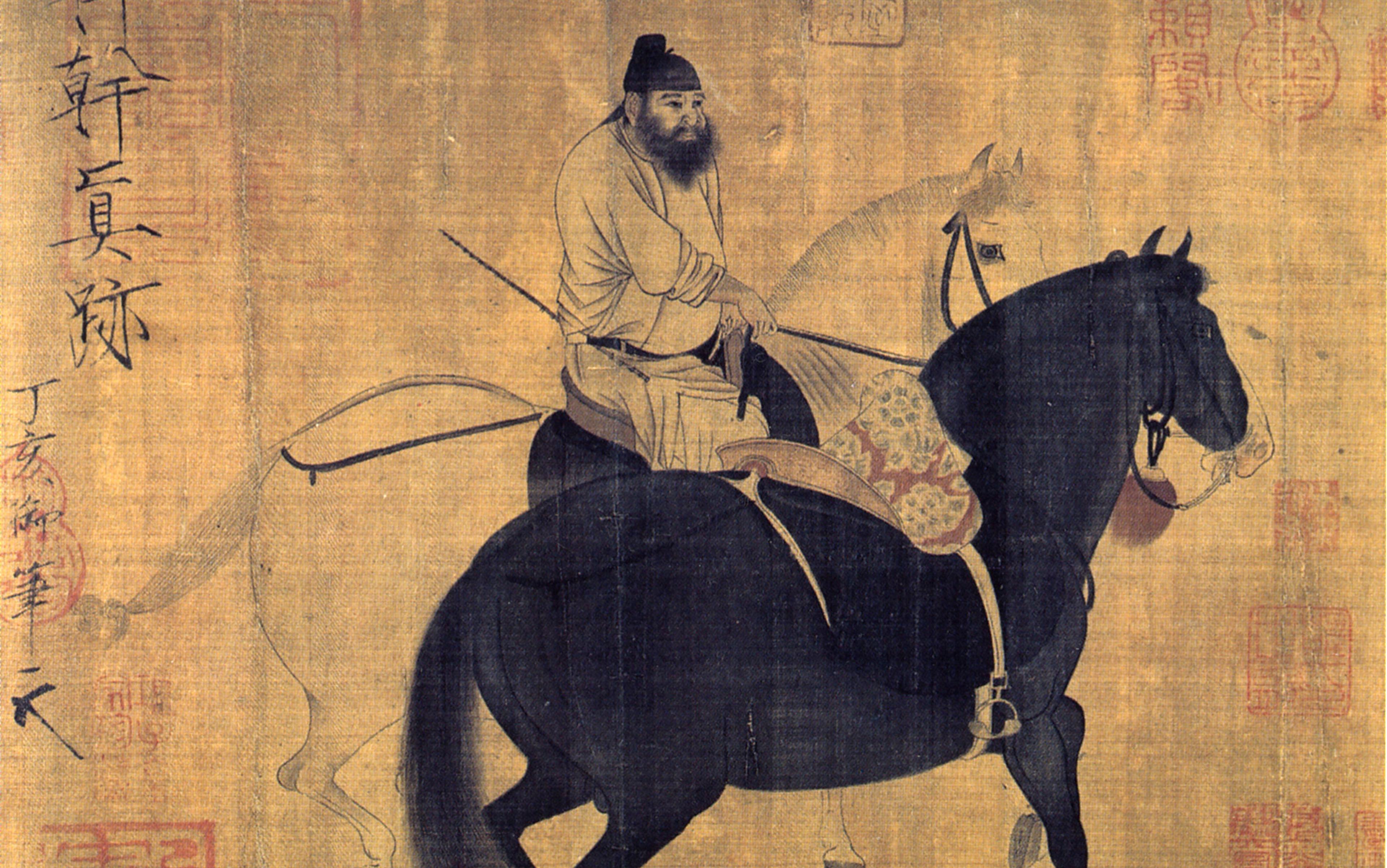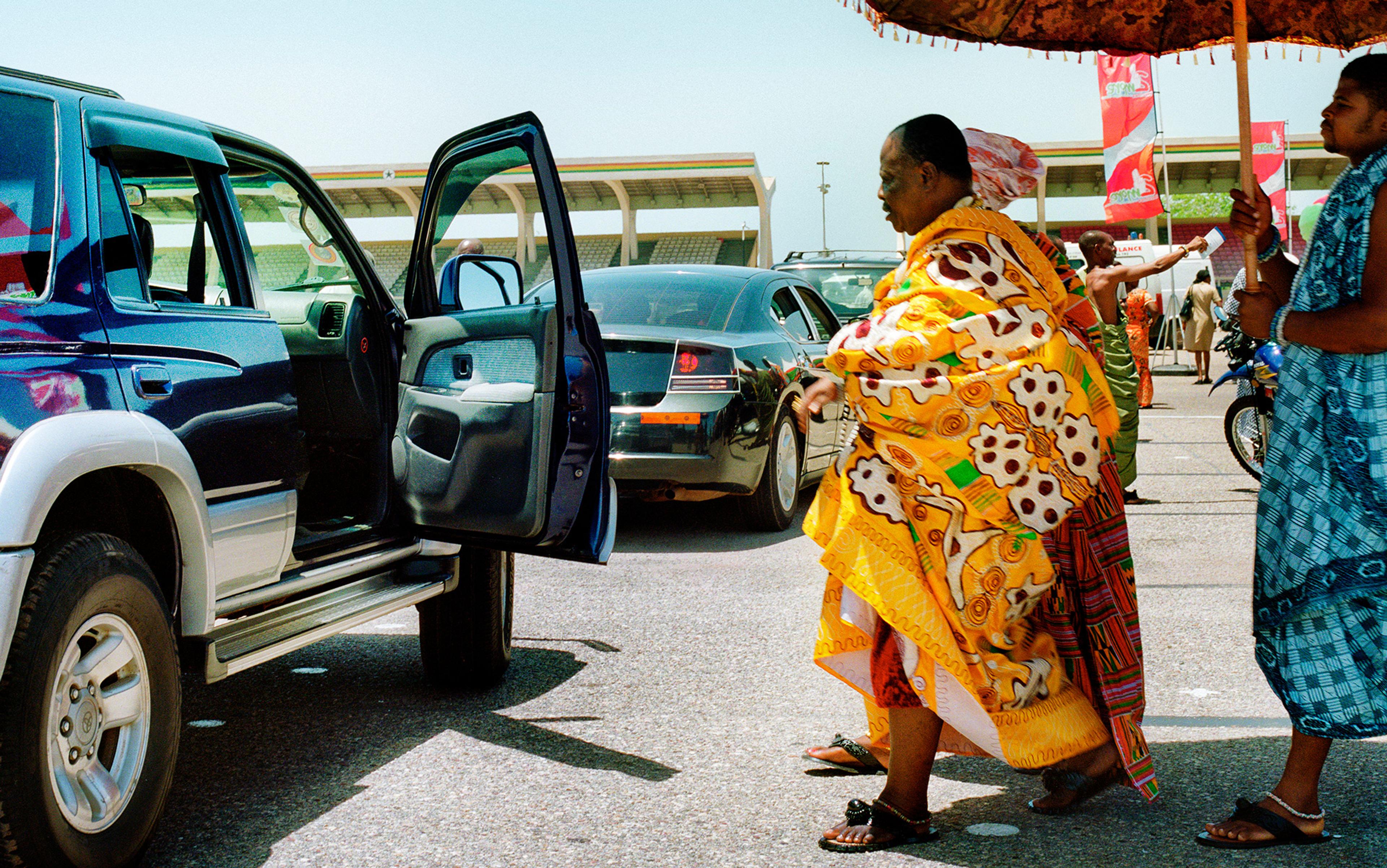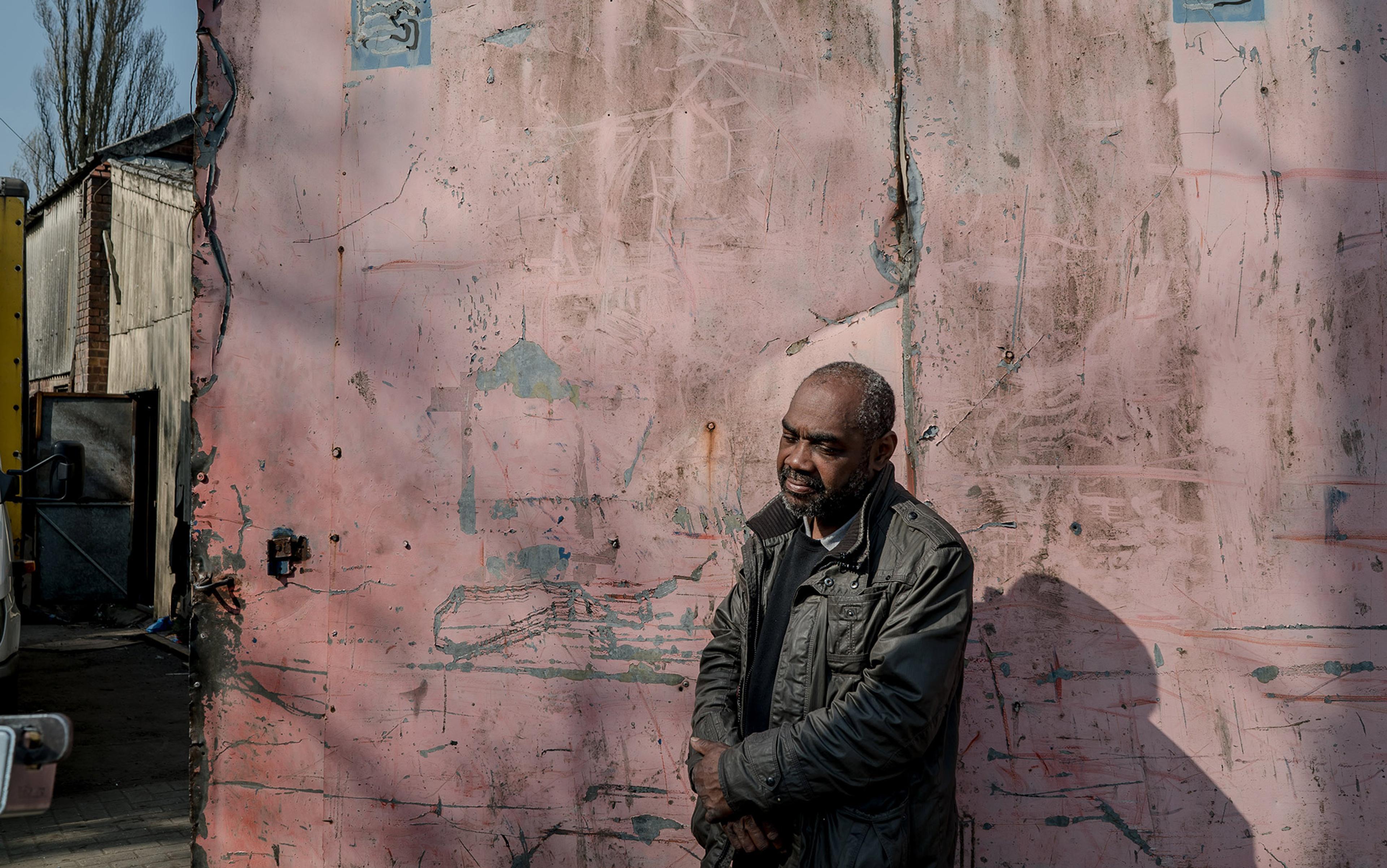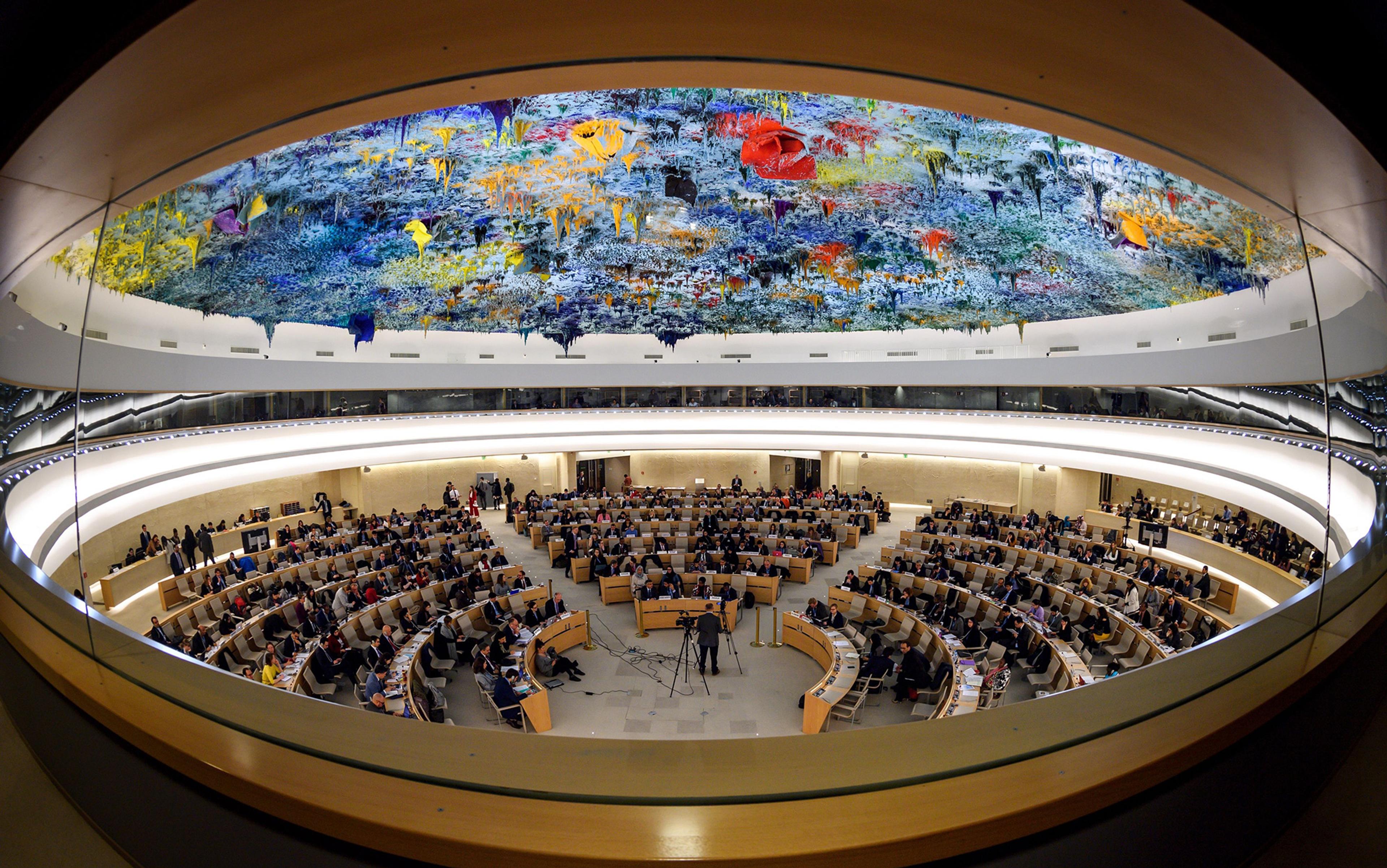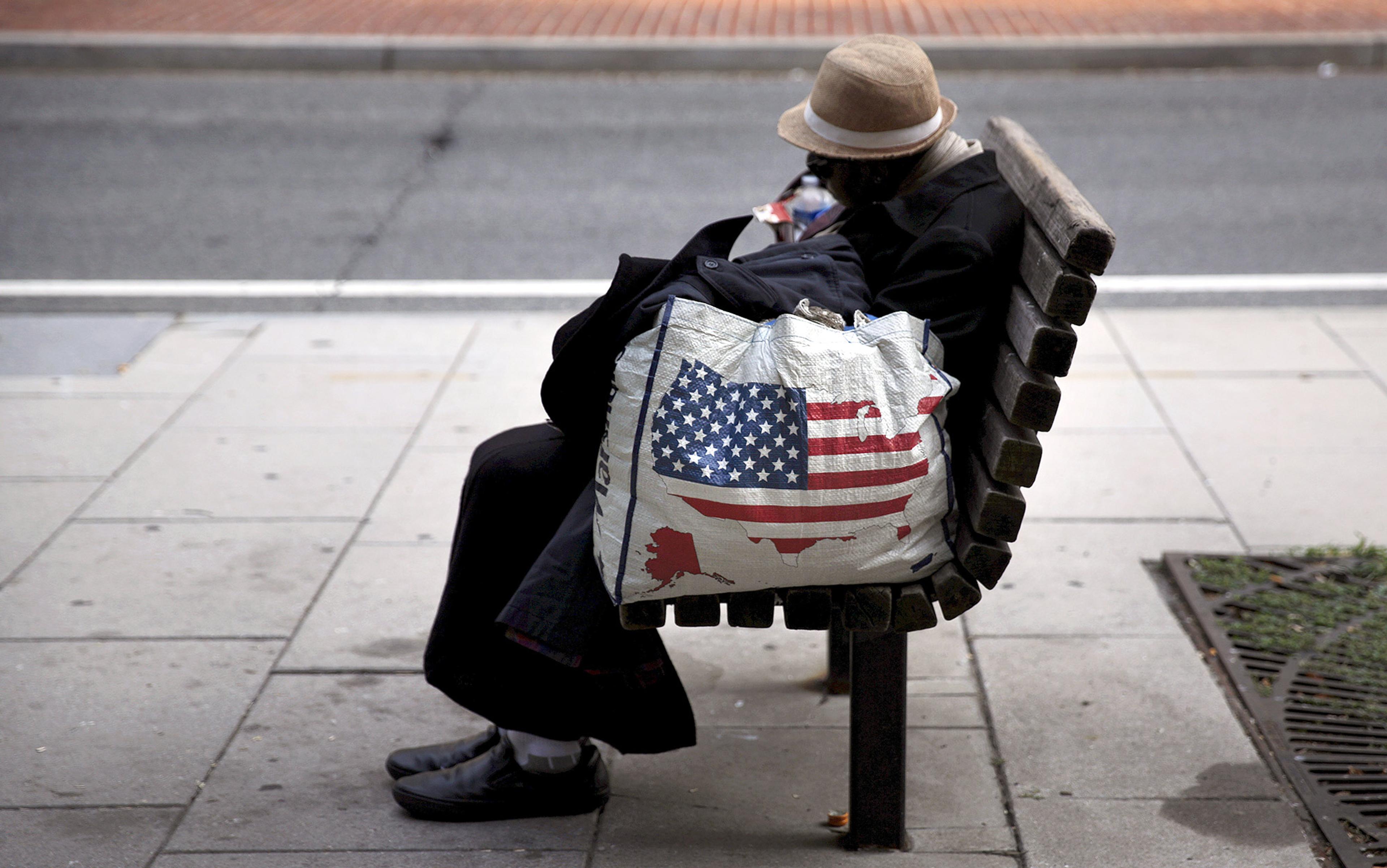The modern West has placed a high premium on the value of equality. Equal rights are enshrined in law while old hierarchies of nobility and social class have been challenged, if not completely dismantled. Few would doubt that global society is all the better for these changes. But hierarchies have not disappeared. Society is still stratified according to wealth and status in myriad ways.
On the other hand, the idea of a purely egalitarian world in which there are no hierarchies at all would appear to be both unrealistic and unattractive. Nobody, on reflection, would want to eliminate all hierarchies, for we all benefit from the recognition that some people are more qualified than others to perform certain roles in society. We prefer to be treated by senior surgeons not medical students, get financial advice from professionals not interns. Good and permissible hierarchies are everywhere around us.
Yet hierarchy is an unfashionable thing to defend or to praise. British government ministers denounce experts as out of tune with popular feeling; both Donald Trump and Bernie Sanders built platforms on attacking Washington elites; economists are blamed for not predicting the 2008 crash; and even the best established practice of medical experts, such as childhood vaccinations, are treated with resistance and disbelief. We live in a time when no distinction is drawn between justified and useful hierarchies on the one hand, and self-interested, exploitative elites on the other.
As a group, we believe that clearer thinking about hierarchy and equality is important in business, politics and public life. We should lift the taboo on discussing what makes for a good hierarchy. To the extent that hierarchies are inevitable, it is important to create good ones and avoid those that are pernicious. It is also important to identify the ways in which useful and good hierarchies support and foster good forms of equality. When we talk about hierarchies here, we mean those distinctions and rankings that bring with them clear power differentials.
We are a diverse group of scholars and thinkers who take substantively different views on many political and ethical issues. Recently, we engaged in an intensive discussion of these issues under the aegis of the Berggruen Philosophy and Culture Center in Los Angeles, and we found ourselves agreeing on this: much can be said in defence of some kinds of hierarchy. The ideas we present here are at the very least worthy of more widespread and serious attention. All of this takes on a new urgency given the turn in world politics towards a populism that often attacks establishment hierarchies while paradoxically giving authoritarian power to individuals claiming to speak for ‘the people’.
What then, should be said in praise of hierarchy?
First, bureaucratic hierarchies can serve democracy. Bureaucracy is even less popular these days than hierarchy. Yet bureaucratic hierarchies can instantiate crucial democratic values, such as the rule of law and equal treatment.
There are at least three ways in which usually hierarchical constitutional institutions can enhance democracy: by protecting minority rights, and thereby ensuring that the basic interests of minorities are not lightly discounted by self-interested or prejudiced majorities; by curbing the power of majority or minority factions to pass legislation favouring themselves at the expense of the public good; and by increasing the epistemic resources that are brought to bear on decision-making, making law and policy more reflective of high-quality deliberation. Hence democracies can embrace hierarchy because hierarchy can enhance democracy itself.
Yet in recent decades, these civic hierarchies have been dismantled and often replaced with decentralised, competitive markets, all in the name of efficiency. This makes sense only if efficiency and effectiveness (usually assumed to be measured in economic terms) are considered the overriding priorities. But if we make that assumption, we find ourselves giving less weight to values such as the rule of law, democratic legitimacy or social equality. Hence, we might sometimes prefer the democratically accountable hierarchies that preserve those values even over optimal efficiency.
Hierarchical constitutional institutions are often criticised for not being directly accountable to the electorate but it is too crude to think of democratic accountability as requiring such an immediate link. Ultimate accountability is consistent with a large degree of proximate insulation from direct electoral accountability.
Apart from their civic importance, hierarchies can be surprisingly benign in life more broadly. Hierarchy is oppressive when it is reduced to a simple power over others. But there are also forms of hierarchy that involve power with, not over. Daoism characterises this kind of power effectively in the image of riding a horse, when sometimes you have to pull, and sometimes let go. This is not domination but negotiation. In Daoism, power is a matter of energy and competence rather than domination and authority. In this sense, a hierarchy can be empowering, not disabling.
Take the examples of good relationships between parents and children, teachers and students, or employers and employees. These work best when the person higher in the hierarchy does not use that position to dominate those lower down but to enable them to grow in their own powers.
A common Confucian ideal is that a master ought to aim for the student to surpass him or her. Confucian hierarchies are marked by reciprocity and mutual concern. The correct response to the fact of differential ability is not to celebrate or condemn it, but to make good use of it for the common pursuit of the good life.
In the age-based hierarchies endorsed by Confucians, the young eventually rise to take on the elevated status and authority of the old
Inequalities of status and power can therefore be acceptable to the extent that these inequalities are embedded in relationships of reciprocity and mutual concern, and conducive to the advancement of those lower in the hierarchy. This would fit with the Daoist conception of a power that is not a form of domination but that aims at empowering those over whom it is exercised.
As well as being empowering, hierarchies should be dynamic over time. Hierarchies are often pernicious not because they distinguish between people, but because they perpetuate these distinctions even when they are no longer merited or serve a good purpose. In short, hierarchies become ossified. There might be reasons, for example, to appoint people on merit to positions of power, such as to Britain’s House of Lords. Historically, however, this has often led to people not only retaining that power when they have ceased to deserve it personally, but also passing it on to their children. All legitimate hierarchies must allow for changes over time in order for them not to lead to the unjust accumulation of power. This is built into the age-based hierarchies endorsed by Confucians, since the young will eventually rise to take on the elevated status and authority of the old.
To protect against abuse by those with higher status, hierarchies should also be domain-specific: hierarchies become problematic when they become generalised, so that people who have power, authority or respect in one domain command it in others too. Most obviously, we see this when holders of political power wield disproportionate legal power, being if not completely above the law then at least subject to less legal accountability than ordinary citizens. Hence, we need to guard against what we might call hierarchical drift: the extension of power from a specific, legitimate domain to other, illegitimate ones.
This hierarchical drift occurs not only in politics, but in other complex human arenas. It’s tempting to think that the best people to make decisions are experts. But the complexity of most real-world problems means that this would often be a mistake. With complicated issues, general-purpose competences such as open-mindedness and, especially, reasonableness are essential for successful deliberation.
Expertise can actually get in the way of these competences. Because there is a trade-off between width and depth of expertise, the greater the expert, the narrower the area of competence. Hence the best role for experts is often not as decision-makers, but as external resources to be consulted by a panel of non-specialist generalists selected for general-purpose competences. These generalists should interrogate the experts and integrate their answers from a range of specialised aspects into a coherent decision. So, for example, parole boards cannot defer to one type of expert but must draw on the expertise of psychologists, social workers, prison guards, those who know the community into which a specific prisoner might be released, and so on. This is a kind of collective, democratic decision-making that makes use of hierarchies of expertise without slavishly deferring to them.
But are hierarchies compatible with human dignity? It’s important to recognise that there are different forms of hierarchy as there are different forms of equality. The UN’s Universal Declaration of Human Rights says in Article 1: ‘All human beings are born free and equal in dignity and rights.’ It is entirely compatible with this equal dignity that some should be honoured more than others. In other words, we can acknowledge that individuals differ from one another in embodying excellence of various sorts, and these various forms of human excellence elicit from us a special kind of positive regard that philosophers call ‘appraisal respect’. Appraisal respect is a form of esteem that we have for those who display certain excellences: for example, for their high moral character, or their great skill in argument. Since excellences are intrinsically comparative, people will inevitably be ranked through these appraisals, and so to honour someone is to regard them as (in some particular respects) better than people who embody or advance the value less. Equality here seems conceptually out of place.
One reason why hierarchy is offensive to the modern, egalitarian mind is that it implies deference to those higher up than them. But if the idea that deference can be a good thing seems shocking, then so be it. Philosophy should upset and surprise us.
Hierarchy can be understood as a signal as to when deference – deferring to others – is expected. Good hierarchies signal the right kinds of deference, oppressive hierarchies demand the wrong ones.
Of course, deference can go too far, with very bad consequences. The Confucian call for ‘distinction’ between husbands and wives, for example, has lent itself to the support of an oppressive, hierarchical social system of gender relations. But the fact that deference is bad in excess does not mean it is wrong in due measure.
There are various reasons to think that deference, when due, is good. Accepting that others know more or can do more than us communicates and enables an openness to learning and growth. It allows us to access what the philosopher Li-Hsiang Lisa Rosenlee at the University of Hawai‘i calls ‘the complex web of human relations in which the knowledge of the past is passed on from the elderly to the young’. Deference expresses a recognition of one’s finite and fallible nature, communicates both to oneself and to others the centrality of relationality to one’s identity and wellbeing, contributes to fluid – and even graceful or beautiful – social functioning.
We ought to give everyone the benefit of the doubt that they contain the potential for excellence in some sphere of life
Deference requires acknowledging that we are not all equal in our excellences. But even if we grant that some people embody human excellence more than others, or that there is some kind of ‘order of rank’ among human beings, we should be careful to notice how little follows from this, especially in the political sphere.
For a start, human excellence takes multiple forms, which means that there might be any number of ways that a person could exhibit excellence, even if they are in general ‘average’. We just don’t know what people might be able to contribute, so we ought to give everyone the benefit of the doubt that they contain the potential for excellence in some sphere of life.
Second, despite our difference in abilities, humans are equal in all that fundamentally matters for ascribing value to life. We are all members of the human species, and our common humanity includes important features worthy of protection. That there are some legitimate rankings of human beings does not mean that those who are closest to the bottom of some of them are not also above a certain threshold that makes them worthy of full respect.
Politics ought to reflect this. A political system such as democracy, which embodies political equality, gives each person the benefit of the doubt that she is as likely as anybody else to embody some form of human excellence.
Hierarchies based on expertise are currently under criticism; hierarchies based on age are positively unfashionable. However, gerontocracy has underappreciated merits, and can provide a rather subtle mix of egalitarian and meritocratic benefits. Historical analysis of Qing China, for example, suggests that gerontocratic hierarchies resulted in a high representation of lower-income groups among political elites. This was simply because life expectancy did not differ much by income, which meant that village elders comprised a representative cross-section of society. Of course, what has been true in the past might not be true in the future, and the structure of society around the world has changed so much that this correlation would not hold if we tried to replicate it today. For example, now that wealth significantly enhances life span in many countries, a true gerontocracy would under-represent lower-income groups.
Gerontocracy is often associated with paternalism, which has become another dirty word. Political paternalism can be defined as coercive interference with autonomy. This form of hierarchy is generally regarded with great suspicion for very good reason: many authoritarian governments have disregarded the interests of the people under the pretence of acting in them. But there might be a justification for at least some forms of this, as paternalism can, in fact, foster autonomy.
The reasoning here is that autonomy requires two things: first, to know what is best and, second, the ability to live according to this knowledge without being sidetracked or disabled by our own irrationality. Both conditions are hard to meet. Up to early modern times, many philosophers believed that humans were, for the most part, imperfectly rational and thus could not fully understand what was best, and all psychologists accept that we have very limited control over the irrational elements of our nature.
Good paternalistic interventions, on this view, take two forms. They disseminate knowledge of what is best in forms that are accessible to imperfectly rational agents. And they might habituate individuals’ irrational impulses from an early age such that they later collaborate in the implementation of reason’s prescriptions. Such interventions are justified only to the extent that they ultimately enable us to act more autonomously. That they might is suggested by Aristotle’s theory of habituation, which says that to live well we need to cultivate the habits of living well. Hence, being required habitually to act in certain ways, especially while young, might, paradoxically, enable us to think more rationally for ourselves in the long run.
Modern psychology lends some support to this view, since it suggests a need to provide appropriate environments to foster good and just decision-making. Both Confucians and modern psychologists understand that human behaviour has two main roots: inner sources such as character traits, and external features of the particular situations in which we find ourselves.
We find echoes of harmony-enabling hierarchies in traditional African societies and Confucian-influenced cultures in the East
Paternalistic hierarchy might then benefit individual autonomy. And hierarchy has one final benefit. Although it would seem to be divisive, hierarchy can promote social harmony. Many cultures justifiably place a high value on communal harmony. This involves a shared way of life, and also sympathetic care for the quality of life of others. Excessive hierarchy works against this, creating divisions within societies. Indeed, in a sense, hierarchy always brings with it the threat of tension, since it is a condition in which one adult commands, threatens or forces another to do something, where the latter is innocent of any wrongdoing, competent to make decisions, and not impaired at the time by alcohol, temporary insanity, or the like. But the goal of preserving communal life means that hierarchy might be justifiable if – and only if – it is the least hierarchical amount required, and likely either to rebut serious discord or to foster a much greater communion. This is a minimalist justification that only ever sanctions the least amount of hierarchy necessary.
We can find echoes of such endorsements of harmony-enabling hierarchies in many traditional African societies, as well as in Confucian-influenced cultures in the East. If we look beyond theory and to practice, it also seems evident that some version of this principle justifies hierarchy in many Western cultures too. Think of how the police are given authority over others in the name of keeping the public peace.
Some of these ideas about hierarchy will no doubt be received more favourably than others. There will also be disagreement – as there is among ourselves – about whether we simply need to be clearer about the value of some hierarchies, or whether we need more of them in certain domains. Hierarchy has been historically much-abused and it is the understandable fear of being too enthusiastic about hierarchy that makes some queasy about talking about its merits. Nonetheless, we think it important to put these ideas forward as an invitation to begin a much-needed conversation about the role of hierarchy in a world that is in many ways now fundamentally egalitarian, in that it gives equal rights and dignity to all. However, it clearly does not and cannot give equal power and authority to all. If we are to square the necessary inequality that the unequal distribution of power entails with the equally necessary equality of value we place on human life, it’s time to take the merits of hierarchy seriously.
